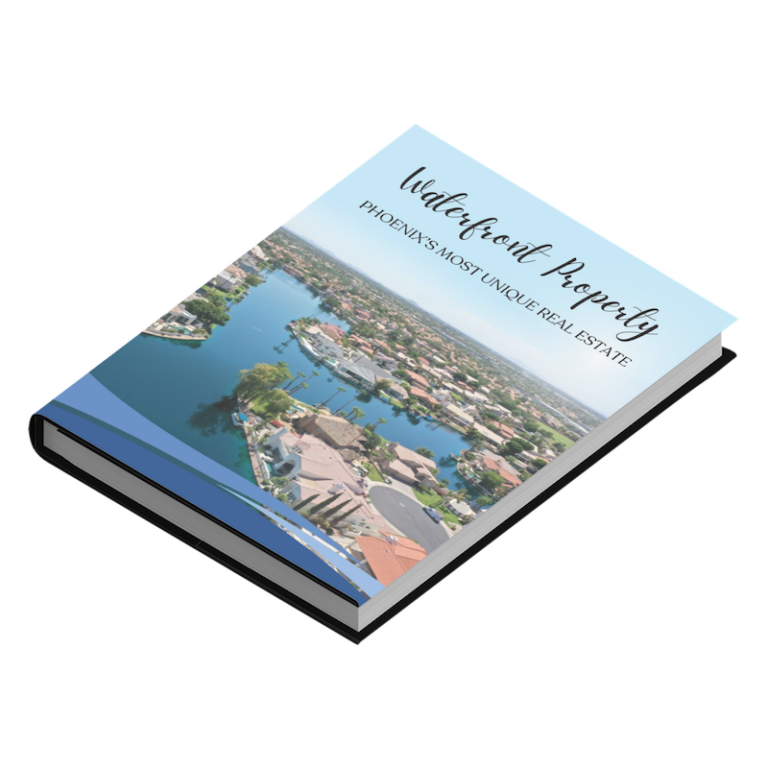Understanding Buyer Closing Costs
One of the least understood costs that a buyer will encounter when purchasing a house are buyer closing costs. In part, this is because buyer closing costs come from different sources. There are lender fees, prorations for taxes and home owner’s insurance as well as funding the escrow account, title and escrow charges, title insurance, and HOA fees such as transfer and capital improvement fees. To understand the details, continue reading.
Buyer Closing Costs Explained
For a detailed explanation of closing costs that a buyer needs to address, watch the video below:
At closing the buyer will need to provide funds for the down payment and the closing costs. They are not the same. The minimum down payment may be a percentage of the purchase price if it is associated with certain loan types. For example, FHA loans require at least 3.5% down. Conventional loans with no PMI require 20% down. Closing costs on the other hand are more complicated because they cover a variety of different expenses including fees from the lender, title insurance, tax and homeowner’s insurance prorations and escrow set up and HOA fees if necessary. A loan officer will be able to provide estimates for closing costs once you decide on the loan type and amount, purchase price range and estimated taxes. This should be part of your conversation with the loan officer during the prequalification process. It’s not just finding out what you qualify for but also finding out about the closing costs and down payment required.
If you’d like to receive up to date properties, click on Send Me Property Listings. Explain what you’re looking for and you’ll receive the latest properties as they come on the market.
Related Posts
5 Things You Should Know About in CC&R’s


